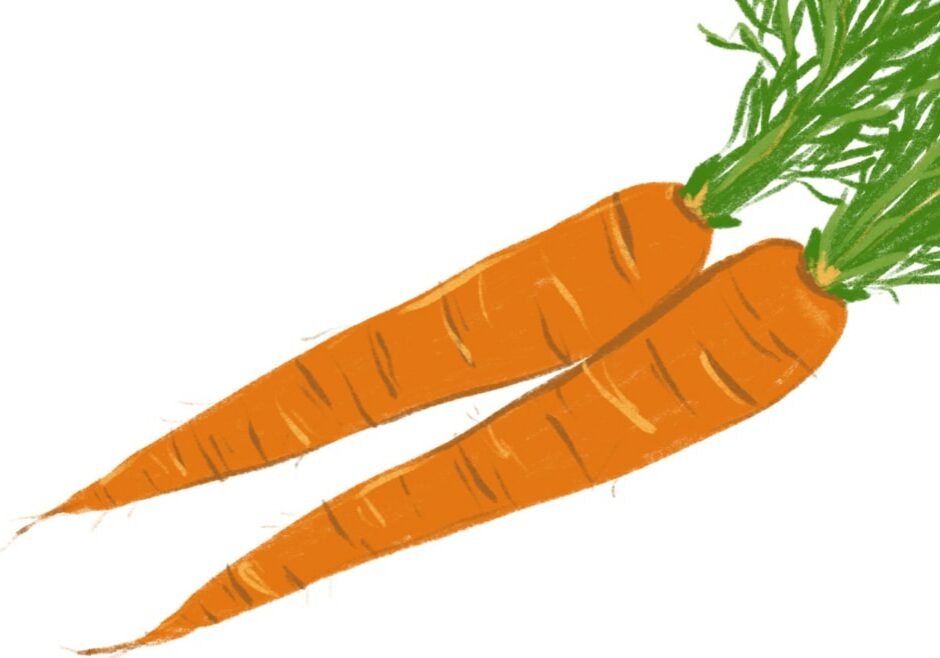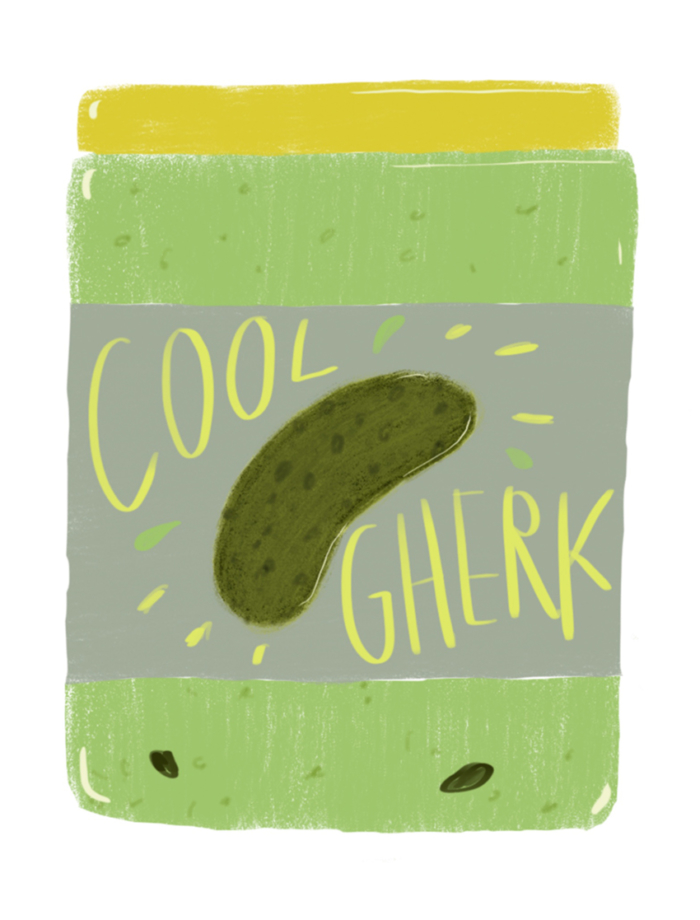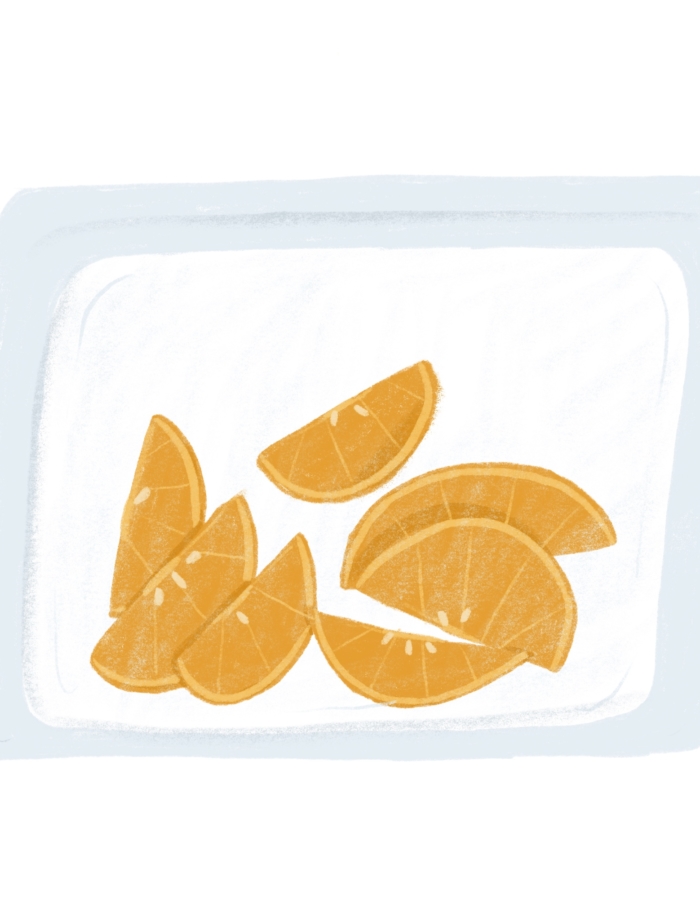Closed Loop Cooking is all about sustainable eating. For anyone who cooks or is interested in food, seasonally sourced ingredients are top of mind. Shopping by season is less expensive, more accessible, and a good reminder of our own biological relationships. I’m not talking about sharing 50% of my DNA with bananas (although maybe that’s where my slight obsession comes from) but aligning eating habits to the natural flows of the season. An opportunity to consider your food and where it’s coming from.
Recipes featured on CLC will be sourcing local produce from Pacific Northwest as often as possible.
Where to shop
Farmer’s market
Start at your local farmers market! Bring your wrinkly reusable bags (and be proud of yourself for remembering) and just walk through. My favorite Saturday morning activity is perusing / sketching at the Portland Farmers Market by Portland State University. For most of the year there is a diverse, changing variety of what’s available directly from the farmers, bakers, and florists. Most items avoid extra packaging since they are being sold directly to you and contribute to a low-impact waste ingredient selection. It’s worth looking around your area to see what’s there! You might find a community farm or mini farmer’s market in your neighborhood you didn’t know about.
CSA (Community Supported Agriculture) boxes
Similar to selecting produce from the farmer’s market, CSA boxes are a subscription style system that closely connects farmer to consumer. These are guaranteed shares of the harvest and totally dependent on what the farm yields and are not limited to just produce – eggs, meat, dairy, bread, cheese, flowers are often seen in CSA boxes. A great way to support local agriculture! These require a bit more creativity in the kitchen but a good challenge to push your culinary skills
Your main grocery store
If you’re lucky enough to live nearby or afford shopping at a certified B-corp, employee-owned grocery store like New Seasons that’s awesome. Be mindful of rotating produce, where it’s coming from, and throw your dollars there. Sometimes I just hang out near the vegetables… it’s soothing. But it’s possible your best food options are a chain grocery store. You can definitely still shop seasonally but keep in mind where produce is coming from, what color it is, and the price tag. Out of season items will tend to be more expensive. Purchasing local produce will always be a good option – these fruits and vegetables have a significantly lower travel footprint
When your options are limited
Food deserts make any kind of grocery shopping incredibly challenging, not to mention a low-impact approach to eating. I want to take a moment to acknowledge the privilege of being able to easily take public transportation, walk, or drive to a convenient grocery store or market.I am incredibly lucky to afford groceries on a regular basis and want to support other home cooks to make use of what is available to them. Food delivery boxes are an option in some of these areas, Imperfect Produce makes it a point to support areas without a lot of food options, but not always as far reaching or affordable. Food deserts present an ongoing challenge for so many communities but should not be left out of the conversation. This is where I’d like feedback from anyone who has lived in / cooked in a food desert and how they sustainably source ingredients.
Tools for shopping seasonally
Finding ingredients in season can be a fun process, especially if you like going to the grocery store as much as I do! Which is actually not as many people as I would have originally thought. But here are some easy tools to make finding your local options a little breezier.
Seasonal Food Guide
This is an awesome resource for figuring out what is readily available near you! Super easy interface and photo specific resource index in a nice grid. I love a good grid.
Local Food Directories
This is the national farmer’s market directory where you can search markets in every state. Not a very intuitive platform but the information is definitely there.
Local Harvest
This gives a great overview of the CSA process and has a great tool to find a local CSA.
Seasonally focused cooking is a practice is mindfulness and creativity. When possible, challenge yourself to find out where your groceries are grown and produced. Try to make your dollars stretch locally!
Where’s your favorite farmer’s market?
Stay hungry,
Hawnuh Lee
Closed Loop Cooking





